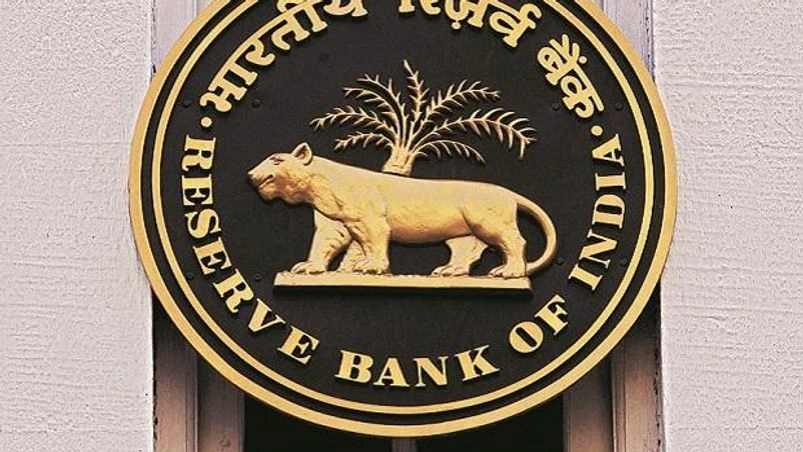 What happens when a co-op bank comes under banking act?
What happens when a co-op bank comes under banking act?
The only conversion to date of an urban co-operative bank into a commercial bank is DCB Bank in 1996, which was however not a forced one
Kanishka Gupta New Delhi
)
Large urban co-operative banks (UCBs) are expected to come under the provisions of the Banking Regulation (BR) Act, even as the smaller ones among them are to remain within the exclusive fold of the Registrar of Co-operative Societies (RoCS).
However, banks falling below the threshold of Rs 20,000 crore suggested by the Rama Subramaniam Gandhi committee may also be brought under the banking regulation act.
Besides, one of the sources mentioned that the Dual regulation will go, adding “the nodal ministry for urban co-operative banks is the Ministry of Agriculture, and you will see inputs coming in from state governments as well.”
The upcoming changes will bring down the curtains on the vexed issue of dual control of UCBs, which has been in vogue for 54 years. Earlier, it was up to the banks to decide whether they wanted conversion or remain a multi-state urban cooperative. But the panel did warn them about curbing their freedom.
This means, the larger UCBs — largely multi-state in nature — and above a certain threshold may now have no option but to convert into a scheduled commercial bank over a period of time. A conversion into a small finance bank (SFB) is ruled out, given the inherent restrictions under the licence terms, which place restrictions on the ticket size of loans, and the nature of businesses they can undertake.
More From This Section
So, what happens when a co-operative bank is converted into a commercial bank?
Well, these banks (UCBs) came to be within the ambit of the Reserve Bank of India (RBI) when certain provisions of the Banking Regulation Act were extended to them — effective March 1966 — even as the Registrar of Co-operative Societies remained vested with significant powers regarding the functioning of their boards and management.
But, in the revised scheme, the inspection of the urban co-operative banks solely under the Banking Regulation Act will be done by the central bank, with those of others being carried out by the Registrar of Co-operative Societies. Both categories of urban co-operative banks will get cover from the Deposit Insurance and Credit Guarantee Corporation. And the hike in the deposit insured, which is in the works, will also be extended to them.
Besides, the new framework will affect 1,551 urban co-operative banks in the country, which had a total business of Rs 7.36 trillion.
According to the last consolidated number available in the RBI’s Report on Trend and Progress of Banking in India 2017-18 they have deposits of Rs 4.56 trillion and advances of Rs 2.80 trillion in 2017-18.
In a nutshell, urban co-operative banks, which are to come fully under the BR Act, will be subject to Basel III guidelines like commercial banks — as on date, they are under the dated Basel I. And these banks can be expected to get a transition period to comply with the same.
To know more, listen to this podcast...
To know more, listen to this podcast...
Also Read
Topics :BanksBasel IIIsmall finance bankReserve Bank of IndiaBanking Regulation Actcooperative banksUrban cooperative banks
Don't miss the most important news and views of the day. Get them on our Telegram channel
First Published: Dec 09 2019 | 11:48 AM IST

